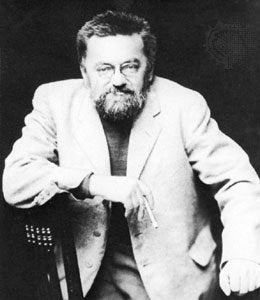Tuesday, February 11 is National Inventors’ Day, created in 1983 by President Ronald Reagan in order to recognize the contributions that inventors make not only to the United States but also to the world as a whole. In honor of that, today we’ll be looking at a few of the most important inventors, and what they contributed to the world of electrical innovation in their lifetime.

Nikola Tesla
Number of U.S. Patents: 111
-Arguably one of the most recognizable names in the field of electrical engineering, Nikola Tesla made some of the most important discoveries and advances in the world of electricity. His work on the development of alternating current transmission systems provided distinct improvements from past systems, saving energy and modernizing cities. In addition to his work in the electrical field, Tesla was an inventor ahead of his time, even predicting cell phones several decades before they actually came to fruition.

Charles Proteus Steinmetz
Number of U.S. Patents: Over 200
-Charles Proteus Steinmetz was a German-born American engineer whose life work earned him the nickname “Forger of Thunderbolts.” One of the things Steinmetz was most known for was his work solving problems in the field of magnetic hysteresis, or power lost through magnetic resistance in electrical systems. He also was an influential figure in the field of alternating current electrical circuits due to the research he conducted and published.

Thomas Murray
Number of U.S. Patents: 462
-Often considered one of the most accomplished inventors in history, Thomas Murray developed electric power plants for New York City as well as numerous electrical devices that changed life across the globe. From the fuse box fuse plugs to the dimmer switch, Murray’s inventions reflected a wide range of innovation and changed the way electricity functions as a part of our daily lives.

Charles Brush
Number of U.S. Patents: Over 50
Charles F. Brush was an American inventor who was most famous for his development of commercial arc lighting systems. Brush’s designs lead to the installation of street light systems across America in the late 1800’s that were simpler, longer lasting, and easier to maintain. After leaving the electric industry, Brush continued inventing throughout his life, eventually making the world’s first automatically operated wind turbine generator.
What other innovators in the electrical field stand out to you? Is there someone who you think deserves more recognition? Let us know on social media!
